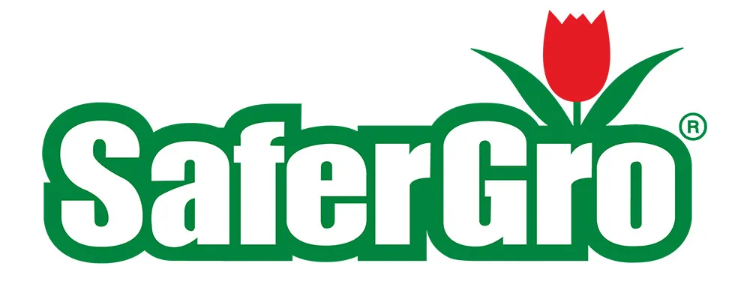Everything You Need to Know About Keeping Your Horse on Pasture
Keeping your horse on pasture instead of a stall is an easy way to provide your horse with good nutrition and exercise. Additionally, it can save you time and money. More importantly, pasture living allows your horse a more natural way of life which can be beneficial to its mental, digestive, respiratory, and joint health. Here is everything you need to know about keeping your horse happy and healthy on pastures.
Thing to Consider: Grazing
A major benefit to pasture raising your horse is their opportunity to naturally graze. One of the most important things to remember when horses graze on pasture is to avoid over-grazing. Not having enough pasture per horse or an adequate grazing schedule can destroy your pasture. It is recommended to allocate 1.5 acres per horse.

If your pasture does not have enough growth to meet the forage requirements you can supplement their diet with additional hay. Keep in mind, during the pasture's prime months while the grass is lush and full of nutrients, it is easy for horses to overindulge and gain extra weight. To avoid your horse becoming overweight, you can purchase a grazing muzzle for them to wear.
Rotation
Splitting up large fields into smaller sections is an easy way to manage your pasture and ensure your horses are not overgrazing. Rotating your horses from section to section allows previously grazed areas to grow new grass and recover. Repeated rotation is recommended during the hot summer months as it is an easier time for your pasture to become damaged. Frequent grazing in addition to scorching weather may create conditions that are too much for your pasture to handle.
Field Maintenance
Overgrazing is not the only issue that you come across when maintaining pastures. Soil compaction, weeds, and manure build-up are other factors to take into consideration. When your pasture's soil begins to compact, it can make it difficult for new grass to grow. Reseeding bare spots and aerating your soil is an excellent way to encourage new growth and establish stronger roots. Every now and then your pasture may need help from an organic fertilizer to flush nutrients back into the soil. By using organic fertilizers you’re ensuring that your horses are not exposed to harmful chemicals. For references look to products like Fulzyme.
Owning horses means dealing with manure, and just because your horses are out on pasture does not mean the manure is out sight out of mind. Luckily, the manure management for horses on pasture is simpler than mucking out stalls several times a week. When it comes to manure on your pasture, you will want to scatter it around to avoid any build-up that could lead to bare spots. Spreading out the manure also helps controls parasites and pests.
Fencing
It is critical for every pasture to have a solid fence to ensure your animals are safe and secure within your property. However, it is important to note that horses should never be turned out to pastures with barbed wire fencing. This type of fence was designed for cattle's thick skin and because of this it can cause injuries to your horses.
There are various types of fencing; selecting a type of fence will come down to personal preference and budget.

Shelter
Horses kept full time on pastures need some type of shelter. A row of trees or a thick, sturdy fence can provide some shade and protection from winds. Ideally, you will also want to provide a run-in shed. A run-in shed not only provides a warm place for the herd to huddle in cold winter months but a nice shady spot to lay during hot summer days. The size of the shed depends on the number of horses kept on the pasture. 12’x12’ are recommended for every two horses kept on the pasture. If possible, build your shed so it is facing away from the wind. This will provide extra protection during cold, windy days.

Checking In
Although horses on pasture tend to get enough exercise from roaming in the fields, keeping up a good riding schedule is beneficial to your horse. Taking your horse out periodically will give you a better feel for how their doing. It is easy to lose track of your horse during a grazing season since they are likely meeting all their nutritional and exercise requirements out on their pasture. Nevertheless, it is still important to keep an eye on your horse and do routine check-ins to make sure they healthy, their coat is good, and they are not over-eating.
Conclusion
Taking what we outlined today into consideration will help you raise a happy and healthy horse on pasture. Often you will find that your horse is the happiest when allowed to be free roaming on pasture. If you have questions on what you need to prepare for owning a horse, check out our complete guide to becoming a first-time horse owner or look to our Equine products.
